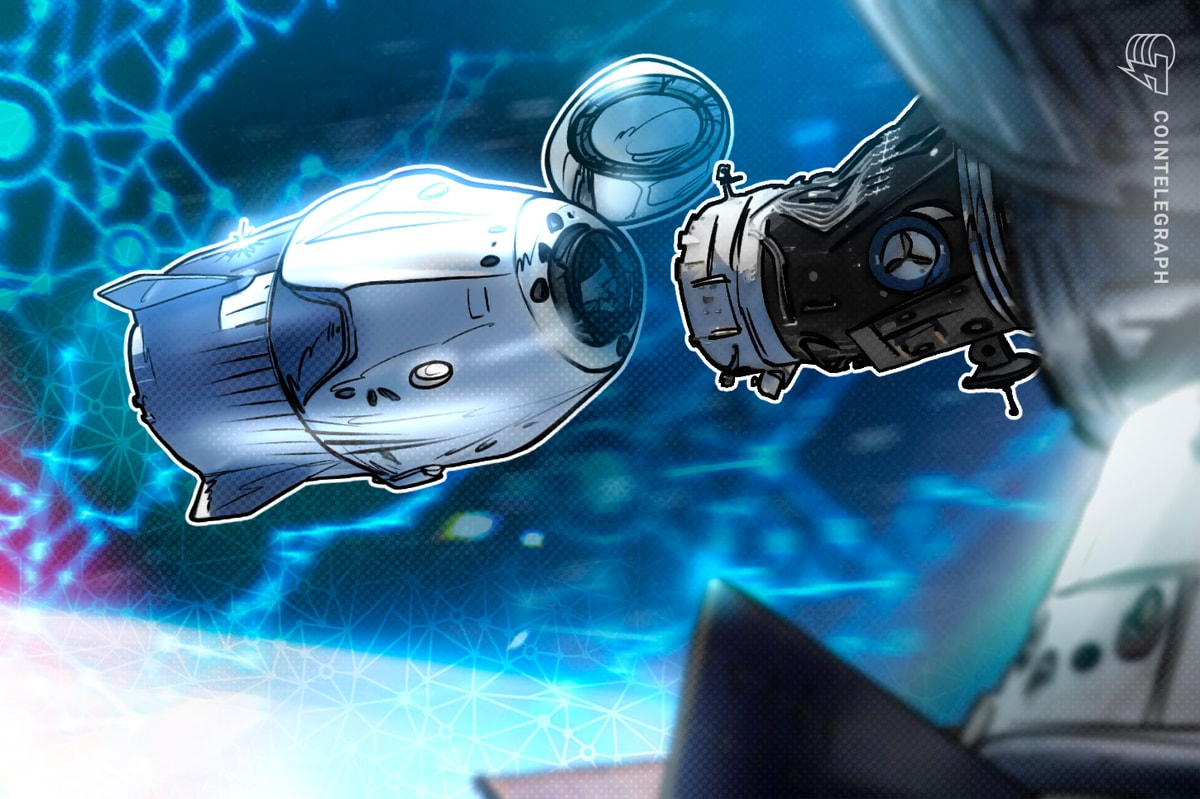Fireblocks, a digital asset infrastructure company, announced on Thursday that it has acquired Dynamic, an enterprise-focused wallet provider.
The integration of Dynamic's tech stack with Fireblocks expands the corporate's offering of institutional-grade services, which incorporates treasury management, custody options and wallet services, based on Thursday's announcement.
According to Fireblocks, Dynamic provides wallet infrastructure for 50 million on-chain accounts, including accounts for crypto exchange Kraken and Web3 firms resembling Magic Eden and Ondo Finance. Michael Shaulov, CEO of Fireblocks, said:
“Together, we now offer something the industry has never had before: the whole stack for on-chain finance, from custody to consumer, all on a secure, scalable platform.”Source: Fireblocks
The Fireblocks team said the acquisition is a results of rapid adoption of stablecoins and “favorable” crypto regulations which can be driving institutional adoption of digital assets.
Institutions are on board following a regulatory shift within the United States
Institutional adoption of cryptocurrencies increased following the election of Donald Trump within the United States in 2024 and the regulatory reversal led by the Trump administration.
Under the previous administration and the previous leadership of the Securities and Exchange Commission (SEC), institutional investors were hesitant to adopt cryptocurrencies for fear of regulatory backlash.
Since Trump took office in early 2025, U.S. lawmakers have passed the GENIUS stablecoin law, and SEC regulators have signaled that a comprehensive law governing the structure of the crypto market is on the way in which.
Officials from the SEC and the Commodity Futures Trading Commission (CFTC) issued a joint statement in September denouncing 24/7 capital markets and extra crypto derivatives regulations designed to modernize the legacy economic system.
However, based on Annabelle Huang, co-founder of blockchain infrastructure company Altius Labs, the subsequent wave of institutional adoption faces hurdles because blockchain technology remains to be in its infancy and desires fine-tuning.
Public blockchains still face a speed bottleneck that limits institutional and mass adoption because blockchain infrastructure cannot currently handle the entire world's financial transactions, Huang told Cointelegraph in an interview.

